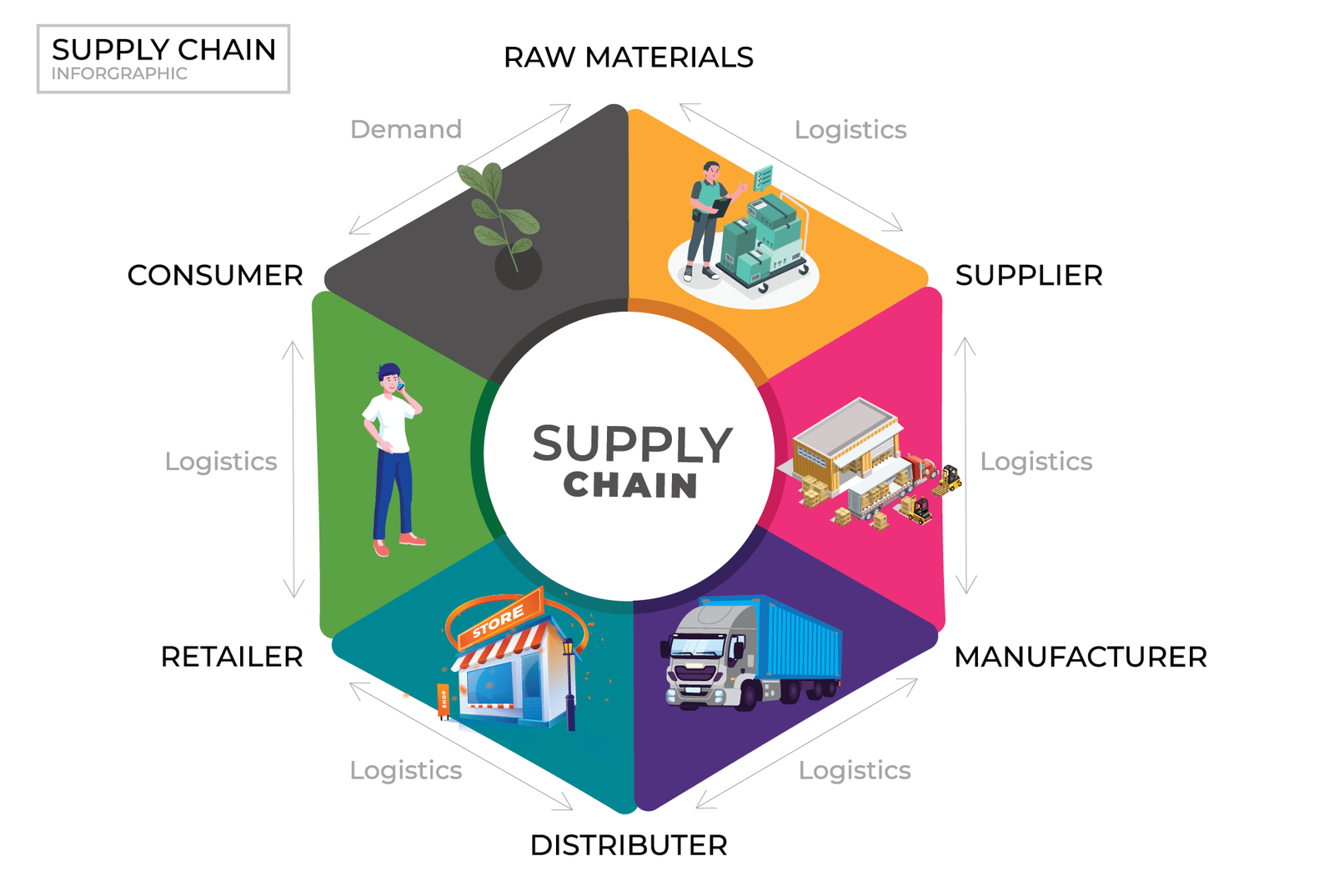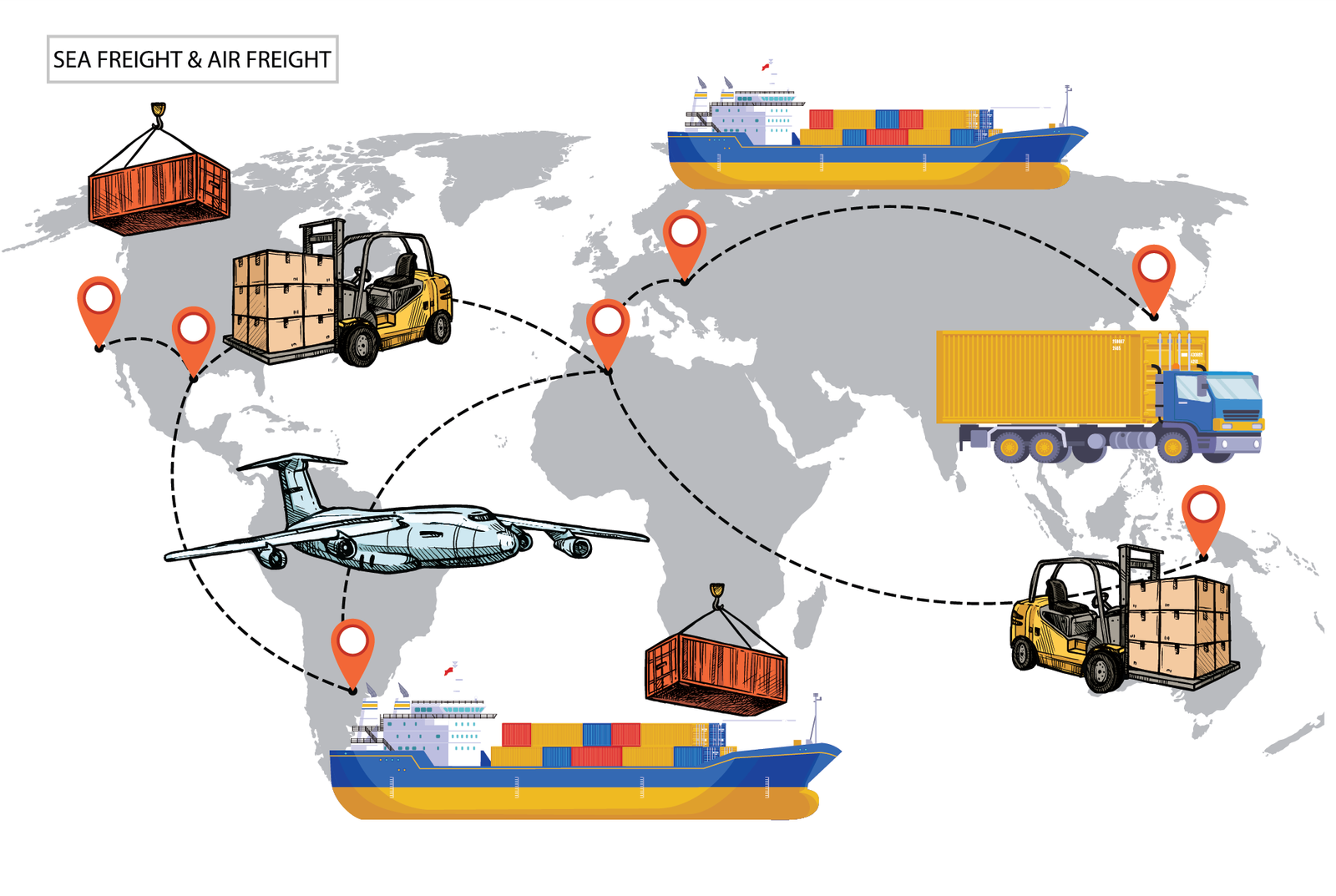Logistics planning in freight forwarding involves organizing and optimizing the movement of goods from origin to destination. Key components include:
1. Route Optimization: Selecting the most efficient route for transporting goods, considering factors like distance, transportation modes, and potential delays.
2. Carrier Selection: Choosing appropriate carriers (shipping lines, airlines, trucking companies) based on cost, reliability, and service level.
3. Scheduling: Coordinating pickup and delivery times to ensure timely movement of cargo and avoid bottlenecks.
4. Documentation and Compliance: Ensuring all necessary documentation (bills of lading, customs declarations) is accurate and compliant with regulations.
5. Cost Management: Analyzing and controlling costs associated with transportation, warehousing, and handling to maximize efficiency and profitability.
6. Risk Management: Identifying potential risks (such as delays or damage) and developing strategies to mitigate them.
7. Technology Integration: Utilizing logistics software and tracking systems to monitor cargo in real-time and improve overall coordination.
Effective logistics planning helps streamline operations, reduce costs, and improve service quality in the freight forwarding process.

